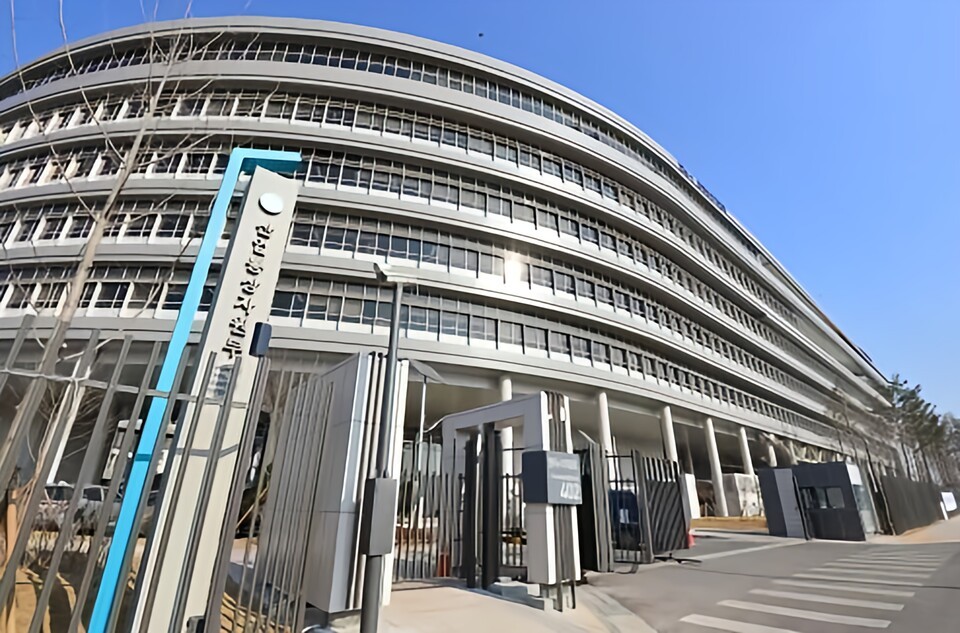The Ministry of Trade, Industry and Energy held the ‘2nd Industrial AI Strategy (M.A.P: Manufacturing AI Policy) Seminar’ at the Korea Industrial Complex Corporation’s Gwangju Regional Headquarters on the 15th (Thursday) to share regional-centric strategies and examples for the expansion of industrial AI.
The seminar was organized with the goal of expanding the application of industrial AI through cooperation between demand companies and supply companies. Over 100 representatives from companies, universities, and research institutions attended the event.
KAIST Professor Kang Nam-woo, who gave the keynote presentation, identified domain knowledge in the industry and high-quality data as the core conditions for the introduction of industrial AI. He emphasized, “In the manufacturing industry, domain-specific AI that solves specific tasks is needed rather than general-purpose AI, and the expertise of the respective industry is critical in solving on-site problems.”
As an example of an industrial AI solution supplier, InterX CEO Park Jung-yoon introduced tailored AI solution application cases for processes such as CNC, injection, and bio-fermentation. InterX presented major outcomes like improving productivity, reducing defect rates, and cutting costs, and stated, “A strategy to quickly spread small successes is needed.”
Hyundai Autoever Executive Director Jang Yeon-se presented an example of an autonomous manufacturing platform combining digital twins and large language models (LLM). He explained, “We are building a flexible production environment by establishing a real-time resource allocation system centered around Software Defined Factories (SDF).”
SK Innovation Team Leader Park Chan-saem shared that they are enhancing R&D efficiency through AI-based predictive maintenance and material property prediction. He introduced cases such as shortening the production period from seven days to one day in ultra-high-pressure polymer processes and quality prediction models in the battery electrode process, emphasizing, “For the success of industrial AI, securing highly reliable data and infrastructure is essential.”
Industrial Policy Officer Kang Gam-chan of the Ministry of Trade, Industry and Energy stated, “Industrial AI is the core of global manufacturing competition,” and announced plans to make industrial AI a new pillar of policy by pursuing system organization and ecosystem establishment. He explained that Gwangju was chosen as the first regional seminar site due to its role as a leading city in forming the AI ecosystem.
Lee Sang-hoon, Chairman of the Korea Industrial Complex Corporation, promised institutional and technical support, stating, “The digital transition and AI introduction in industrial complexes are slow, but forming an ‘industrial AI ecosystem’ is essential for manufacturing innovation centered on small and medium-sized enterprises.”
